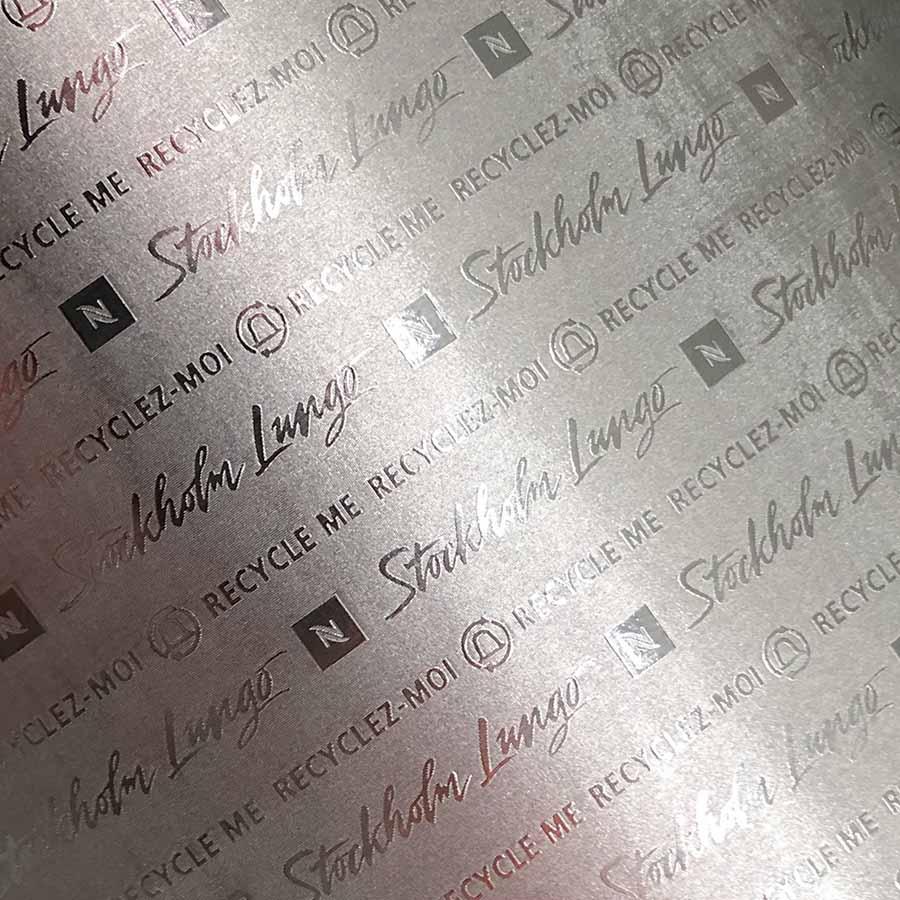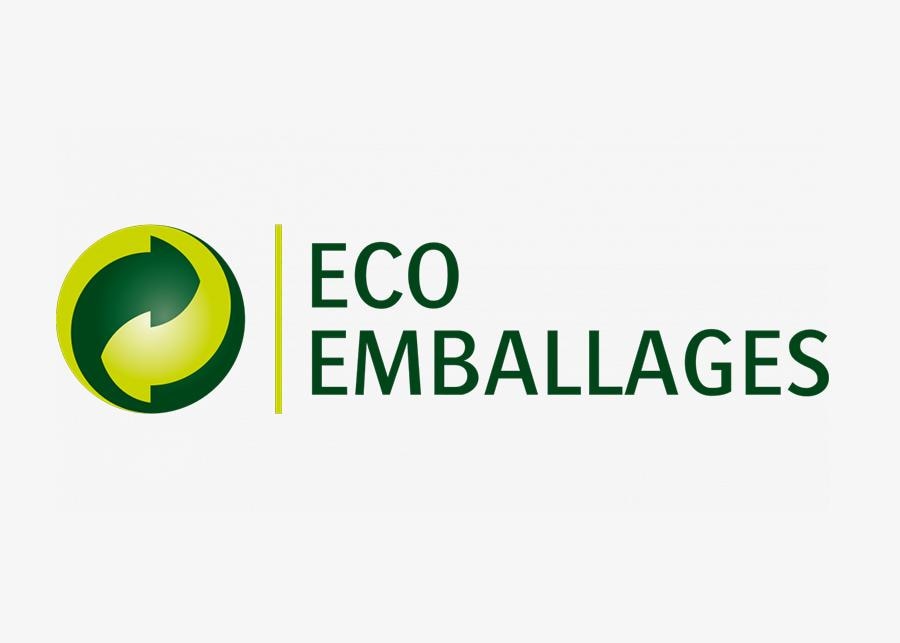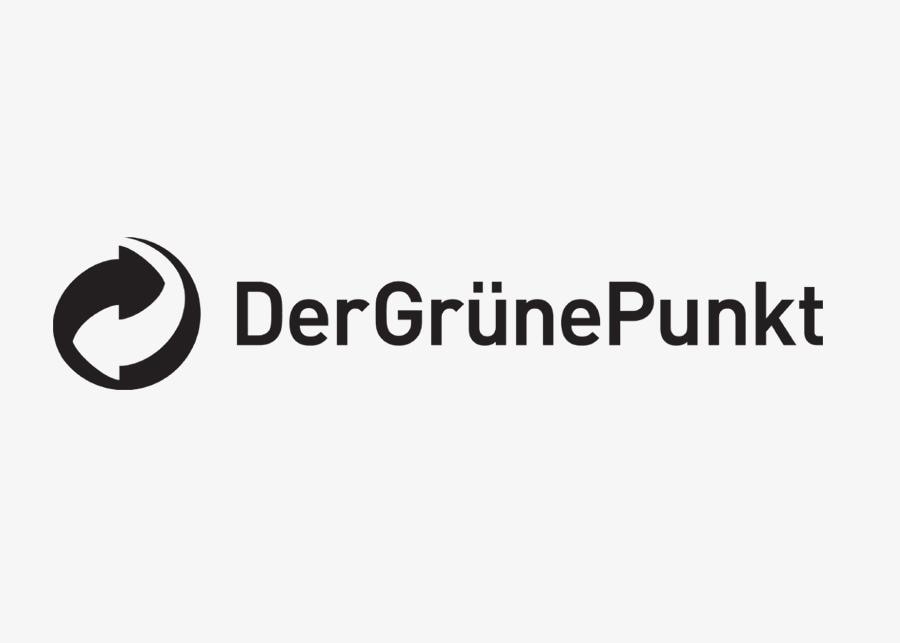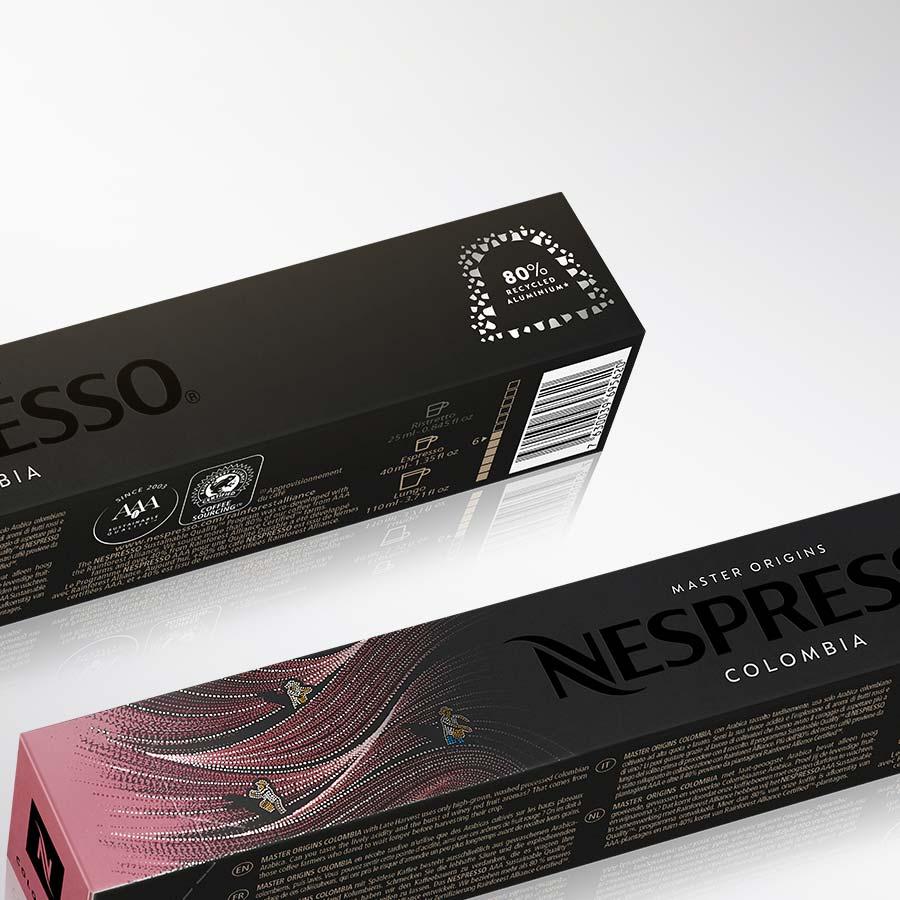Article published in: August 2020
Article updated in: April 2025
By 2050, there will be nearly 10 billion people on the planet. Humanity’s resource needs are predicted to double, putting more pressure on the Earth’s finite natural resources. The challenge for business is clear – we must find a way to grow, create value and meet society’s needs, while using fewer resources and working in harmony with nature.
For Nespresso, this means rethinking the use of all our raw materials, from coffee to aluminium, so they can begin a second life, as part of a regenerative economy.
Closing the loop on our aluminium coffee capsules will enable us to play our part in promoting resource efficiency and optimising environmental performance. Ultimately though, increasing capsule recycling rests on effective collaboration and the willingness of consumers to play their part.
WHY ALUMINIUM?
Aluminium is the most effective material available capable of keeping our coffee fresh, retaining its full flavour and aromas, and delivering consistent quality. It is also robust, lightweight and it can be recycled again and again – despite the melt loss, the metal properties are unchanged and it can be recycled repeatedly.

BUILDING CAPSULE COLLECTION CAPACITY
We began setting-up dedicated systems for recycling capsules in 1991. Importantly, we also work with policymakers, local authorities and specialist partners to create collective systems that increase the provision of convenient public recycling solutions.
See The Positive Cup 2024 Progress Status document for the latest updates.
Taking responsibility: dedicated recycling systems
Our dedicated systems for recycling enable consumers to return used capsules through boutiques, Nespresso machine retail outlets or waste collection centres, identifying their nearest recycling point via our website.
Once recovered, capsules are transferred to dedicated treatment centres, managed by various recycling partners, where the aluminium and coffee grounds are separated. The aluminium is pressed into blocks and transported to a smelting plant, where it is melted to be reused within many other products: cans, window frames, bicycles, food packaging, car and even plane components. It can also be reused to create new aluminium capsules.
In 2019, we opened up our dedicated system to other aluminium capsule manufacturers too, with the aim of driving up recycling rates across the entire industry.
In Switzerland, we have the capacity to recycle 100% of our capsules, working with our partner, Barec Group. A ‘Recycling at home’ service was launched in 2012 with Swiss Post, enabling consumers to return their used capsules by post, resulting in a 6% increase in the recycling rate. Similar systems are now in place in the UK, the US and Australia.
Meanwhile, the coffee grounds can create biogas and are used as fertiliser on farms.
Taking responsibility: collective recycling systems
The collective approach – working together with policymakers, local authorities and specialist partners – makes sense both economically and environmentally since it promotes the expansion of the aluminium recycling infrastructure within Europe and beyond.

In France, we collaborated with government-funded recycling business Eco-Emballages in 2008 to create a national group (CELAA) committed to recycling aluminium and steel packaging.
By co-funding the installation of aluminium and steel recycling technology in 19 recycling centres, the potential to serve 9 million people was established. On top of this, consumers were encouraged to get involved via a communications campaign entitled ‘Trop facile’ (too easy). This effort helped increase the aluminium recycling rates in France by 57%.
In Germany, Sweden and Finland consumers can simply recycle their Nespresso capsules via their everyday sorting and recycling schemes. This includes 10,000 packaging recycling stations in Finland and 5,800 ‘Green Dot’ stations in Sweden, as well as multiple metal collection banks.
In these countries, we work with expert partners to collect, separate and recycle the capsules, with the coffee grounds often used to create energy for the aluminium melting process. In Germany specifically, we have partnered with national waste separation expert Duales System Deutschland – helping to achieve an impressive 85% aluminium recovery rate in the country.

We estimate that 60% of our capsules continue to create value, post consumption.

CAPSULES MADE WITH RECYCLED CONTENT
In 2015, we piloted a scheme using recycled Nespresso capsules to make new Nespresso capsules. However, to create a more practical and scalable solution, we have redesigned our capsules to use less material and accept a wider range of aluminium alloys – leading to the 2020 roll-out of the first ever coffee capsules made using 80% recycled aluminium. We’re evening making new capsules using recycled aluminium. Our Original capsules are made using 80% recycled content1, and in 2023 94% of the Vertuo ranges of capsules were made using 85% recycled aluminium1.
RAISING AWARENESS OF ALUMINIUM’S POTENTIAL
The potential aluminium offers beyond its ‘first life’ is perhaps poorly understood and we recognise the part we must play in addressing this. Since 2016, we have been running various global awareness campaigns to do just this. Our Second Life campaign is one such example, showcasing used Nespresso capsules reborn as desirable lifestyle products such as the Caran d’Ache 849 ballpoint pen, the Victorinox Swiss army knife and RE:CYCLE – a sleek, urban bicycle co-produced with Velosophy.
CONTINUING THE JOURNEY
Nespresso will continue to take an active role in influencing consumer behaviour as well as being at the front of the recycling policy debate. Moving forwards, we see collective recycling as the most viable long-term solution – a robust and sustainable solution that works for all.
1. Data updated per The Positive Cup 2024 Progress Status document. All other data reflect the moment this article was published.

